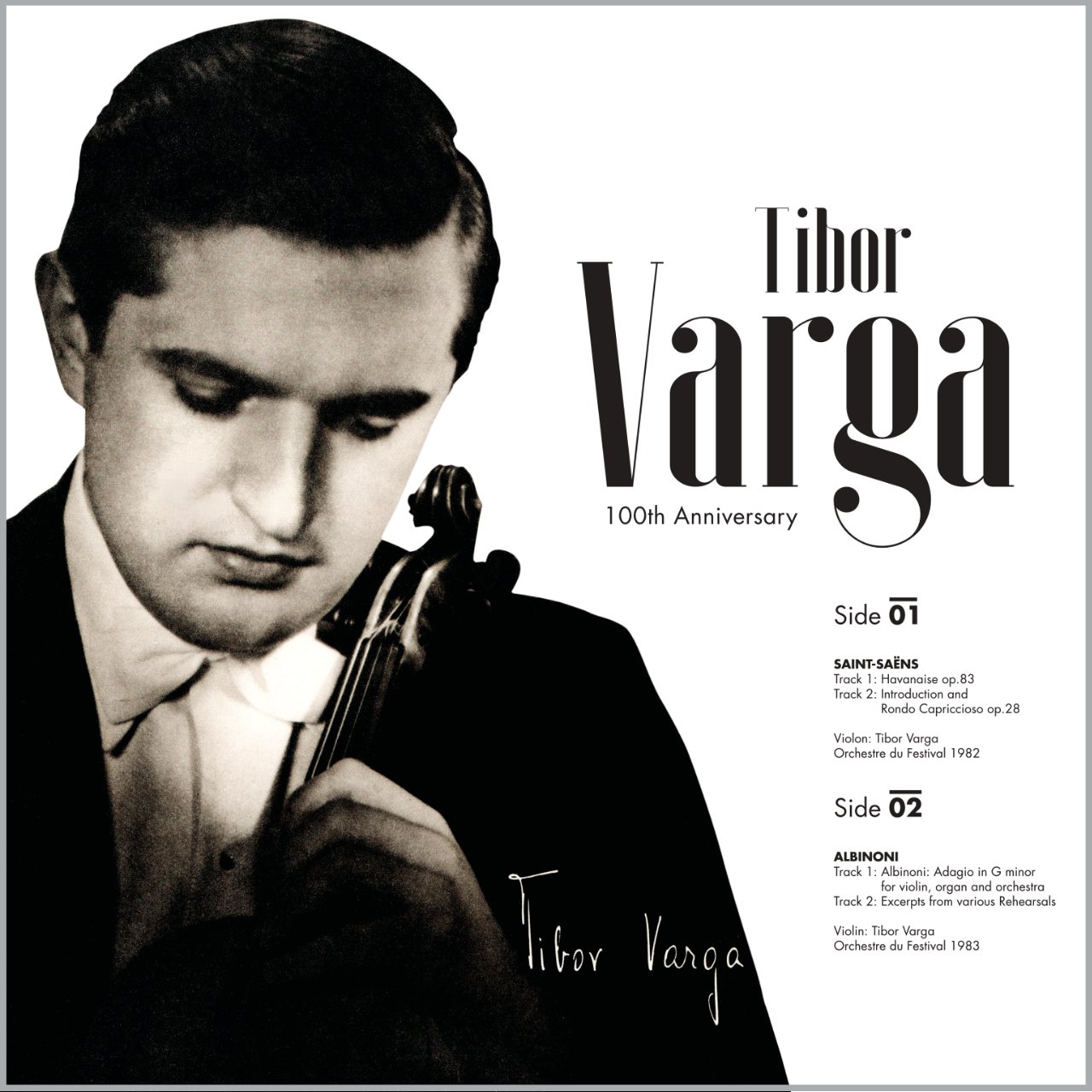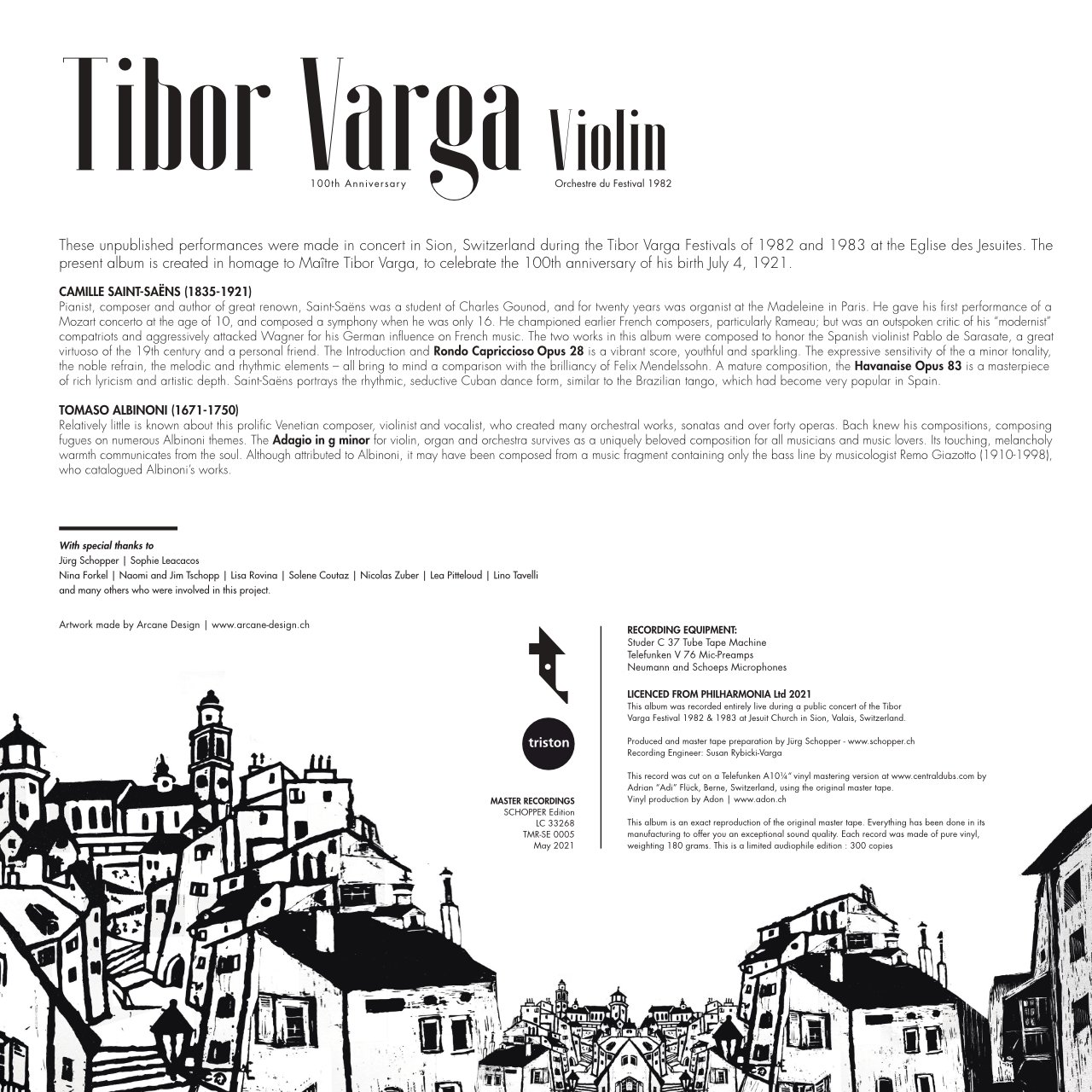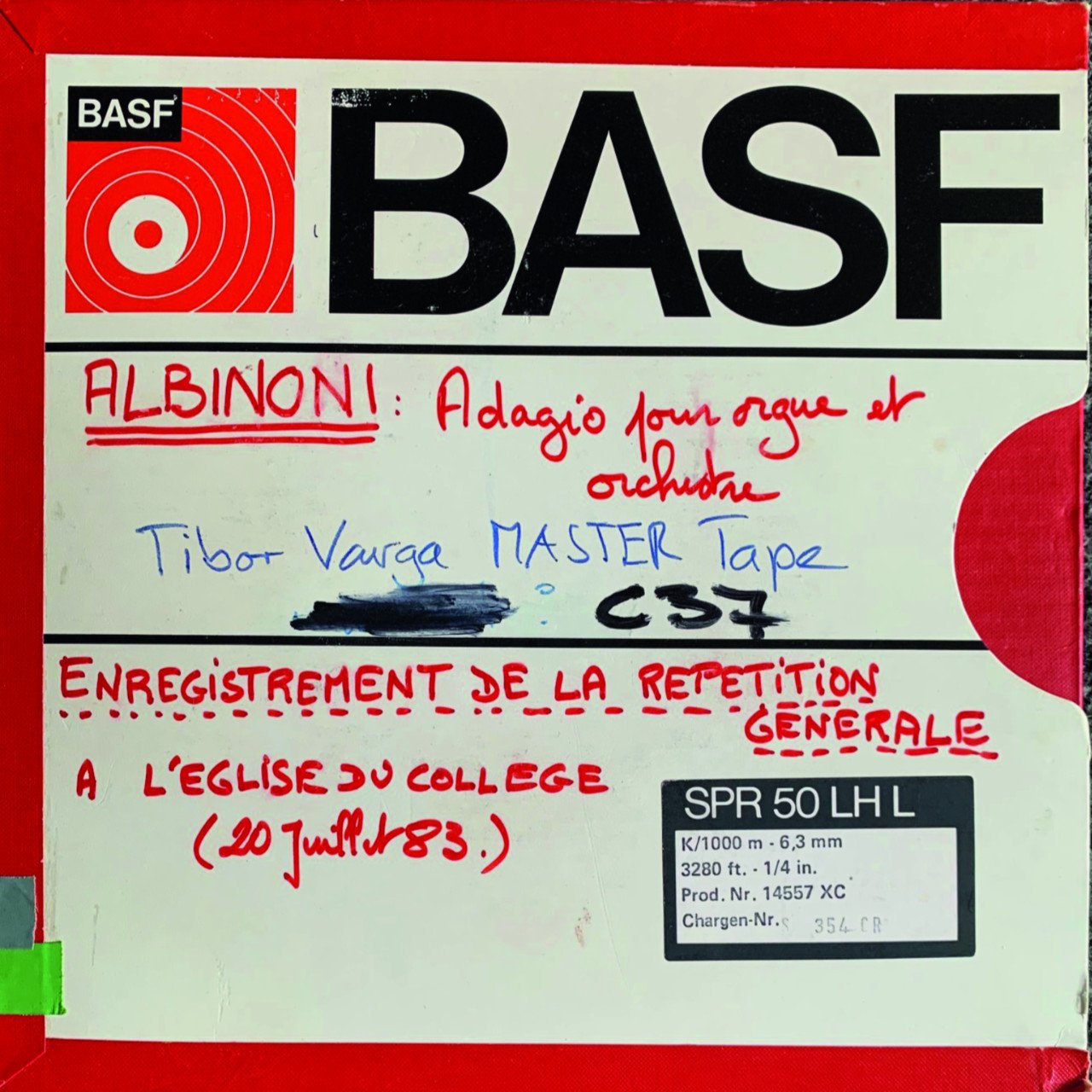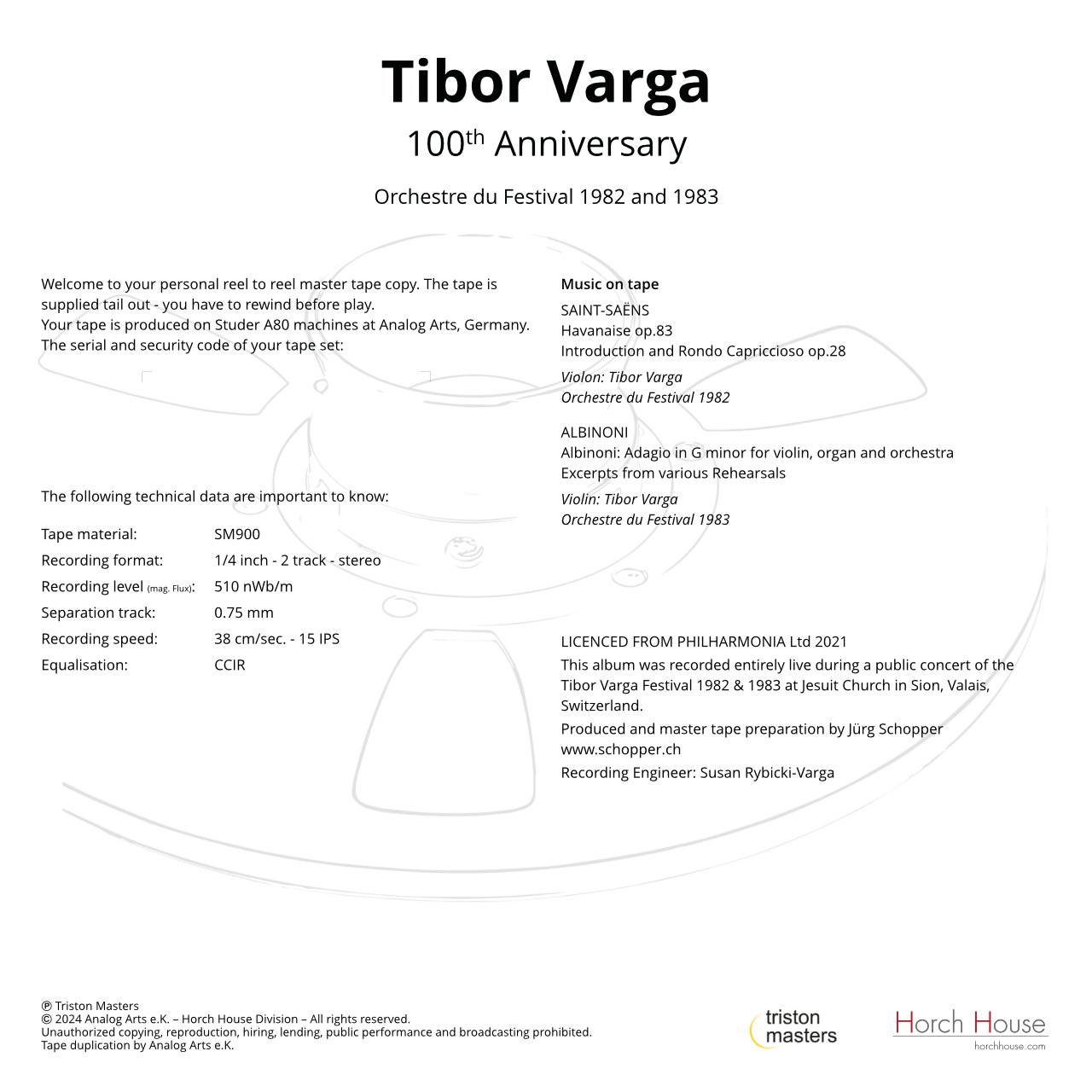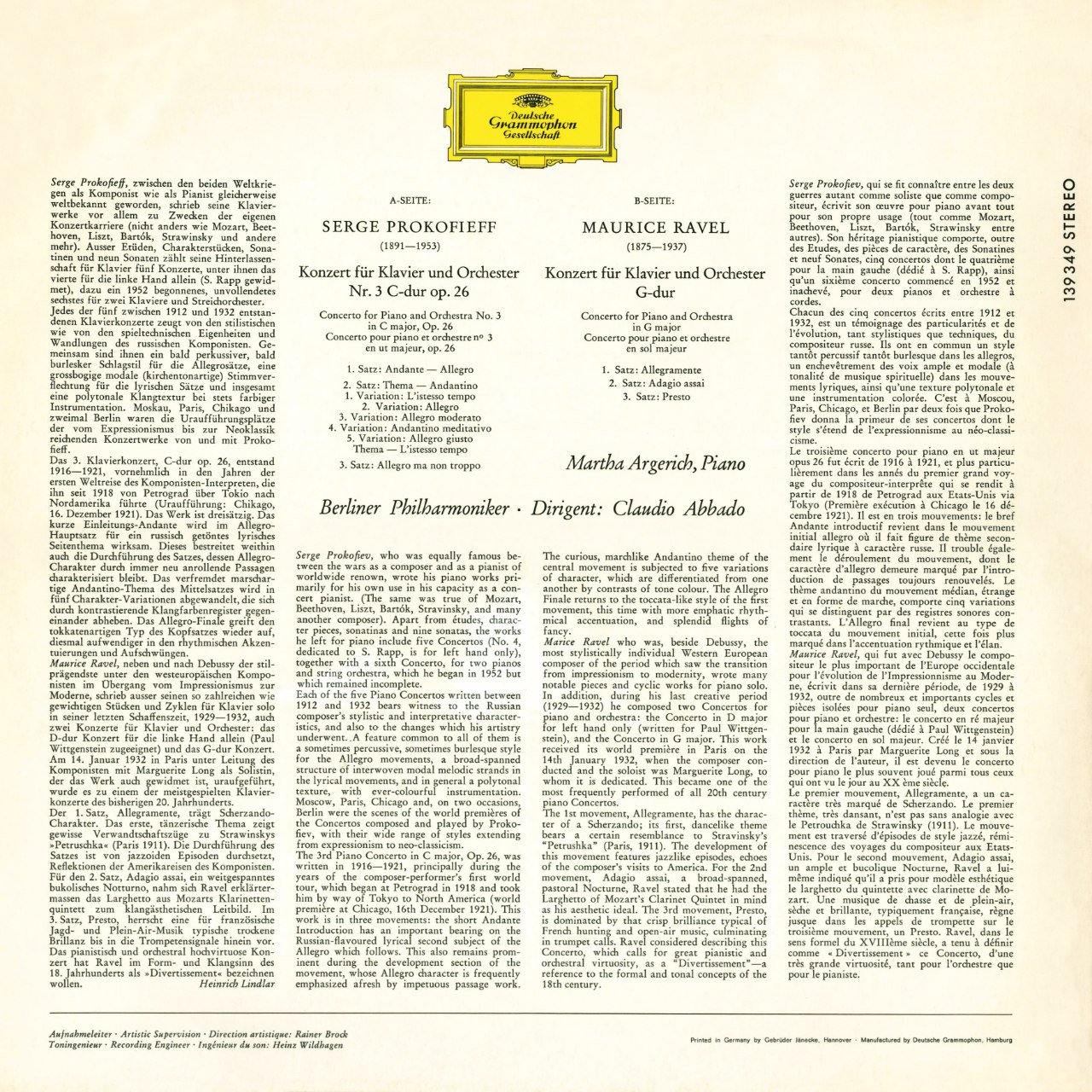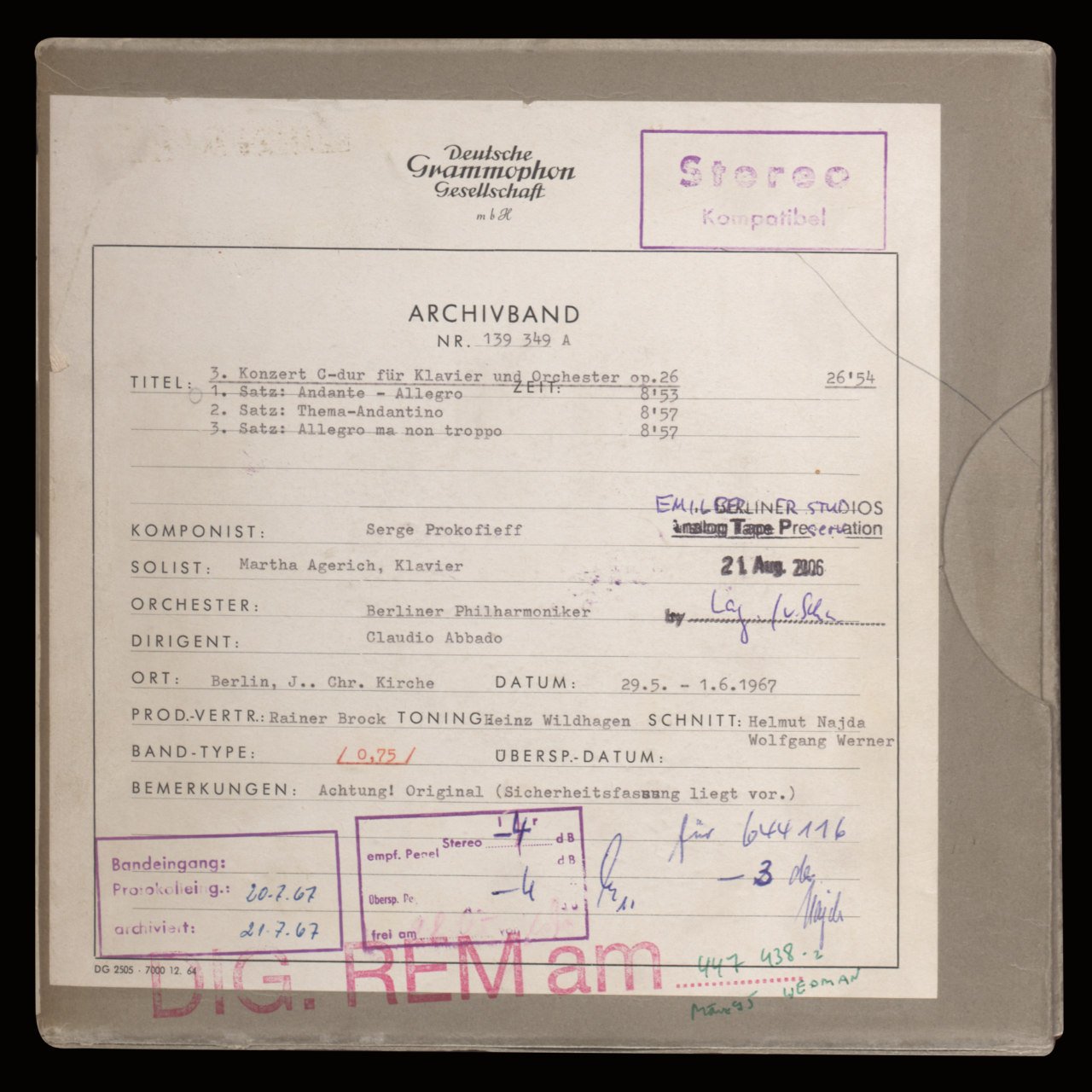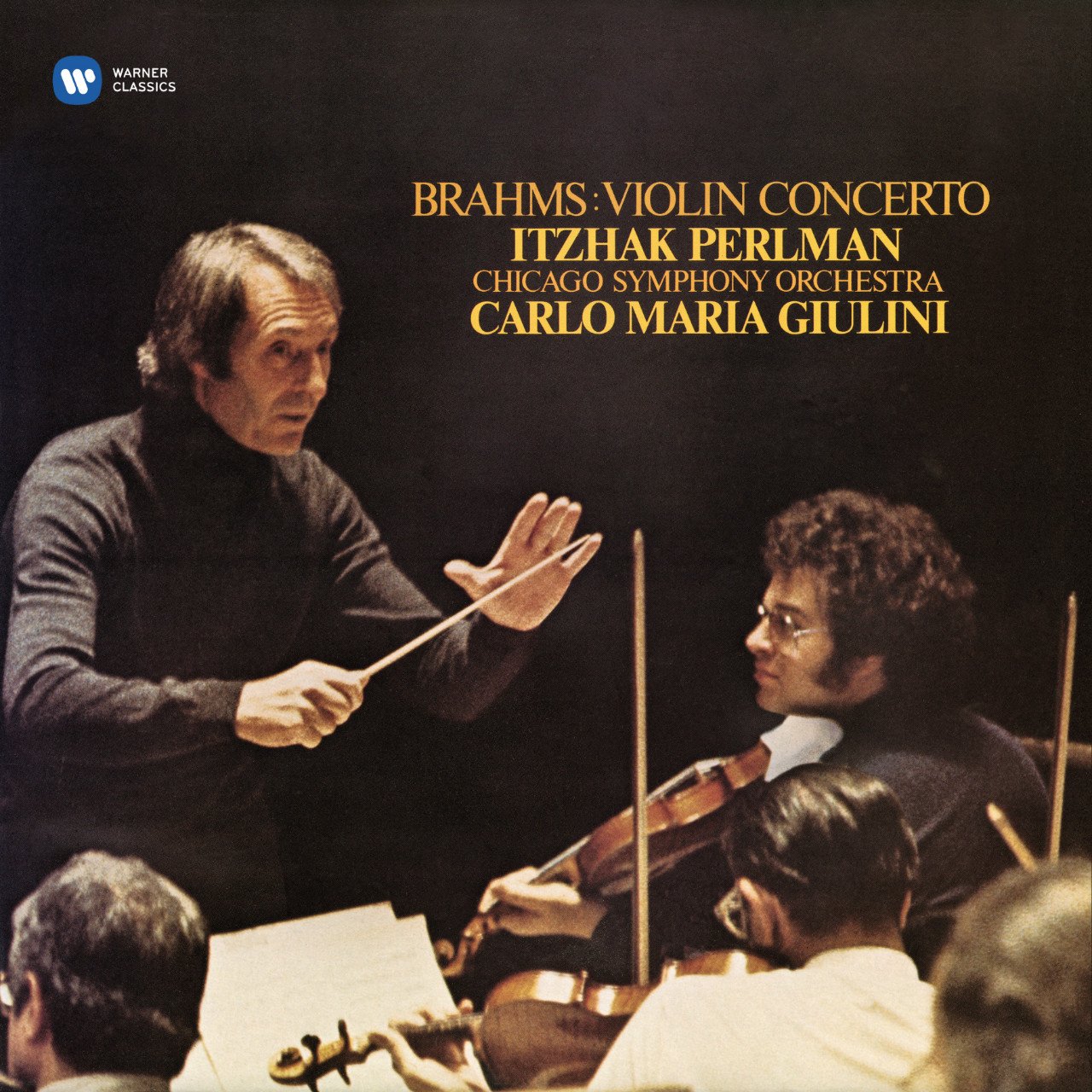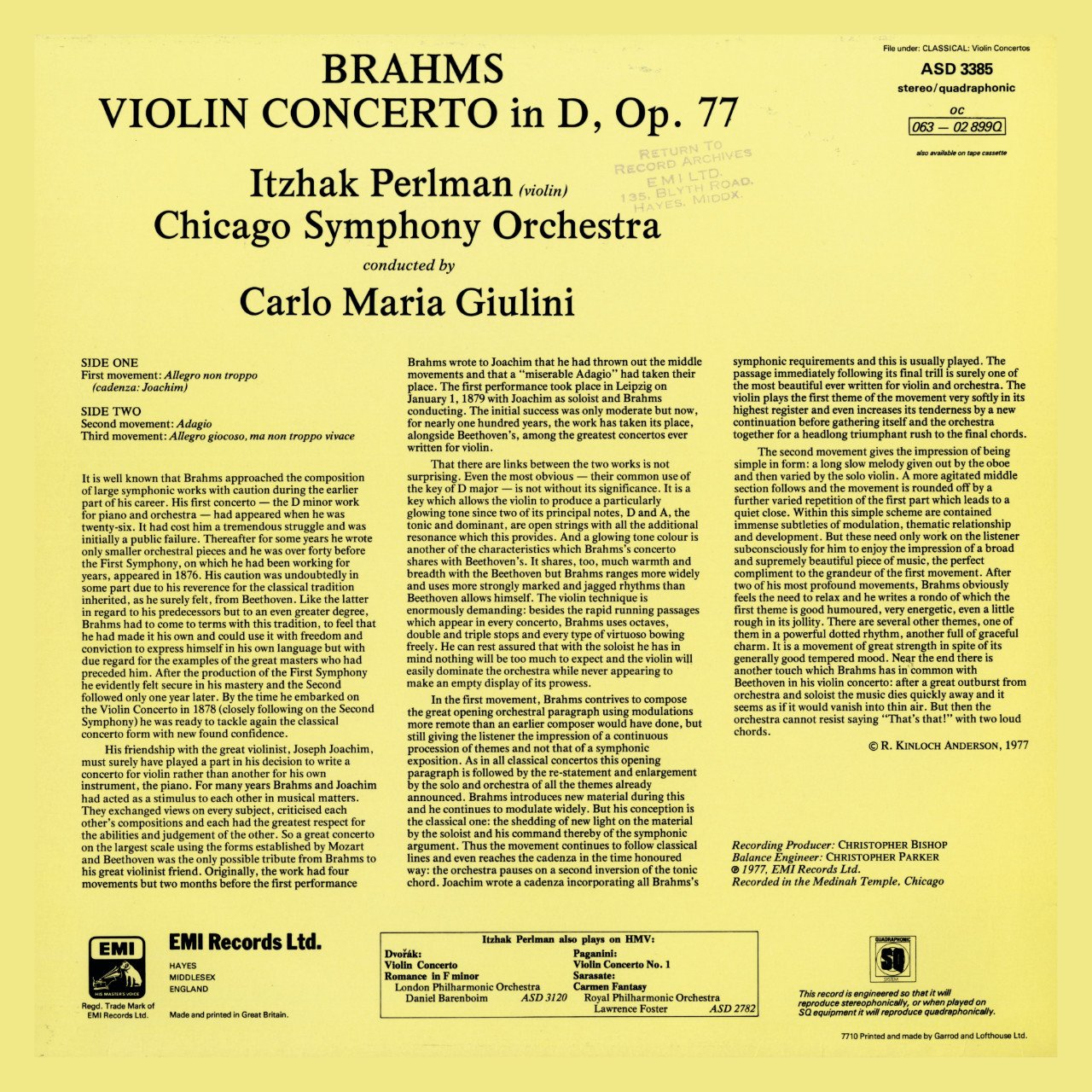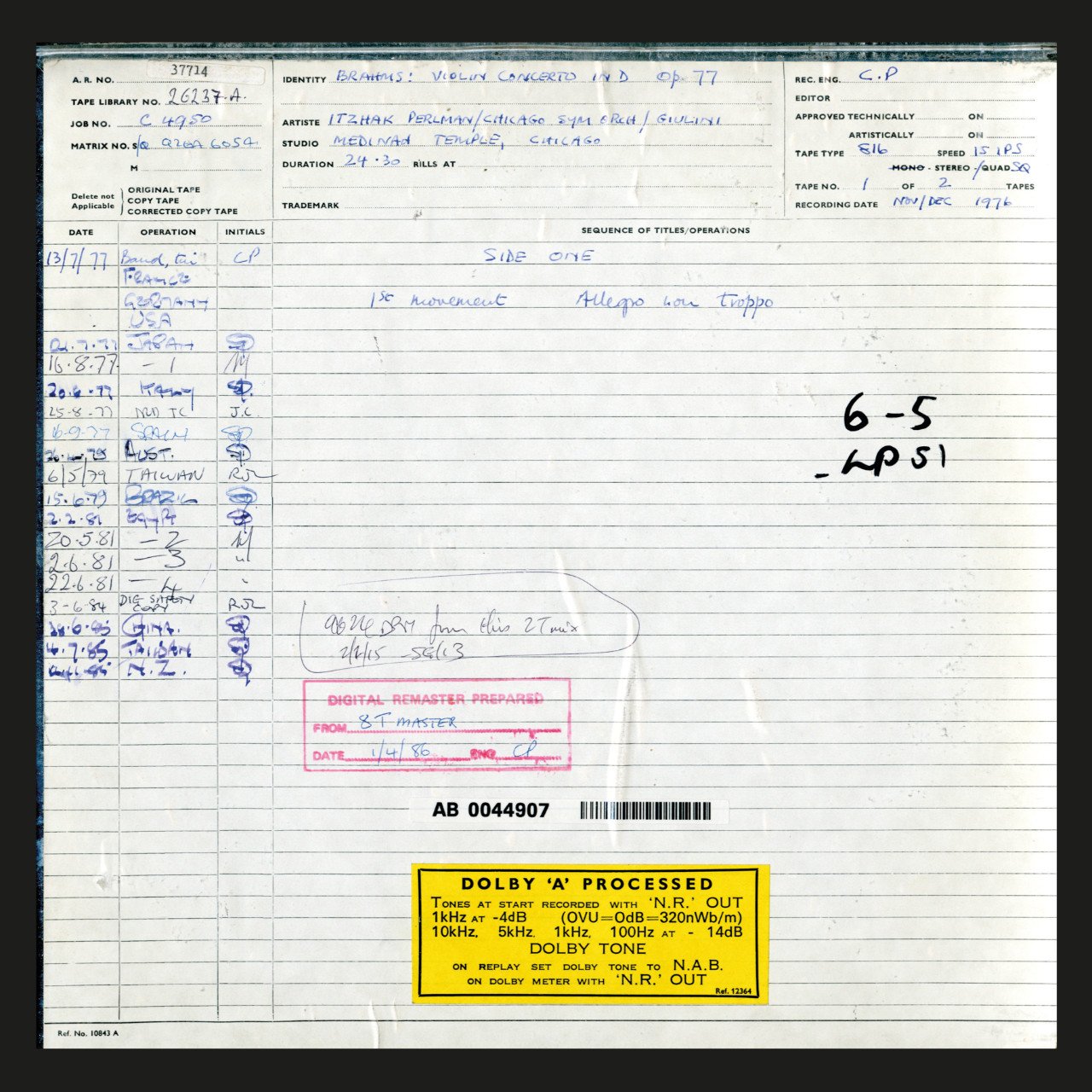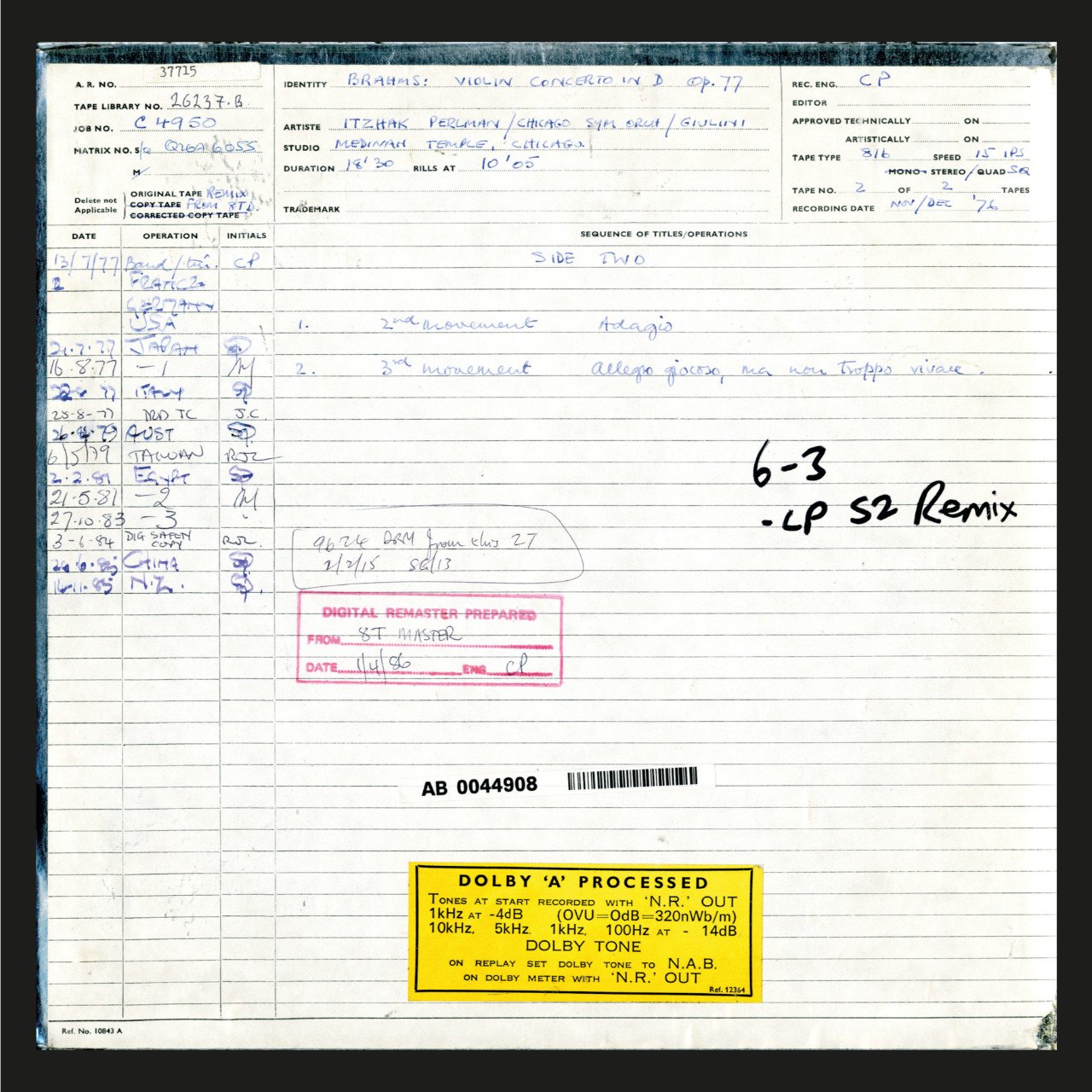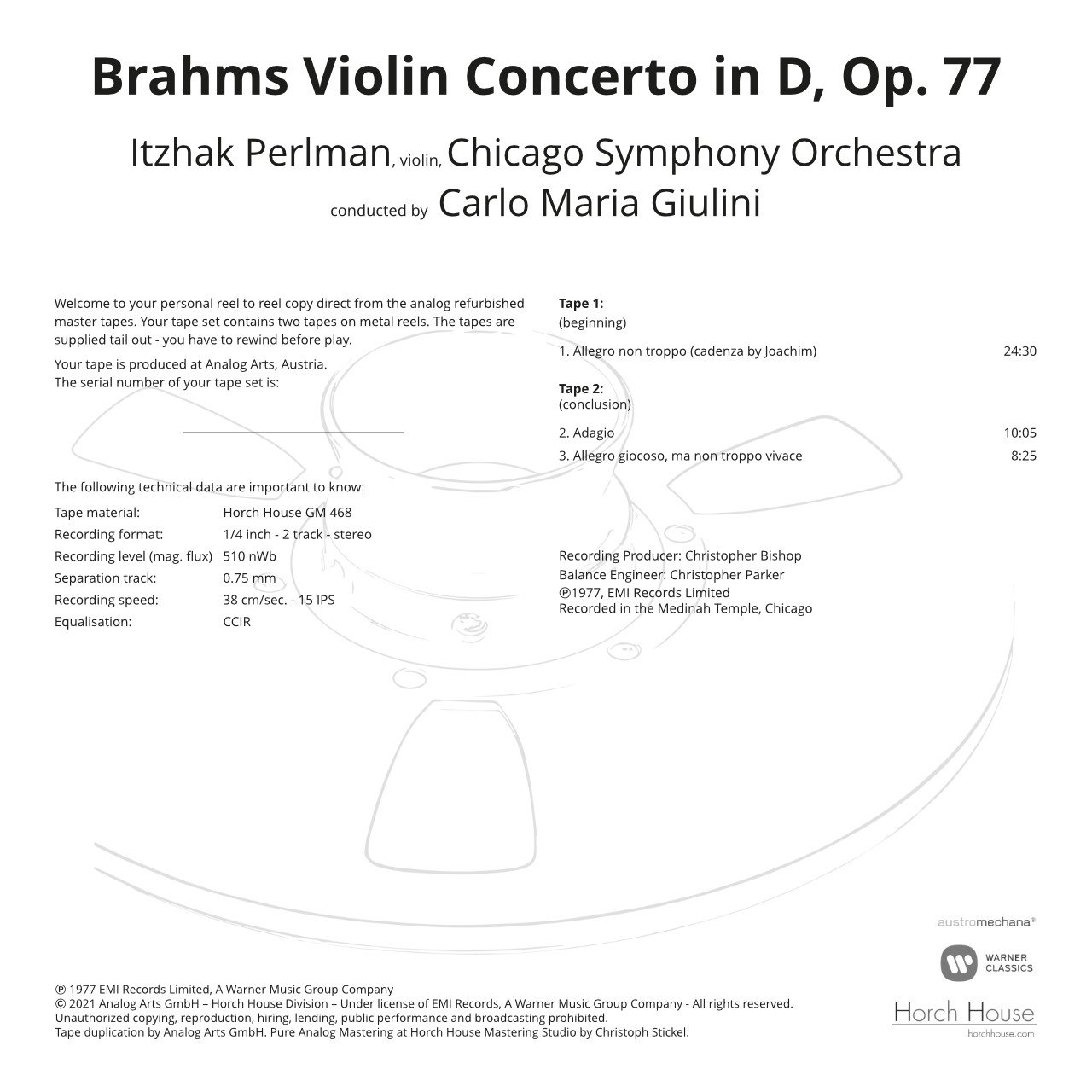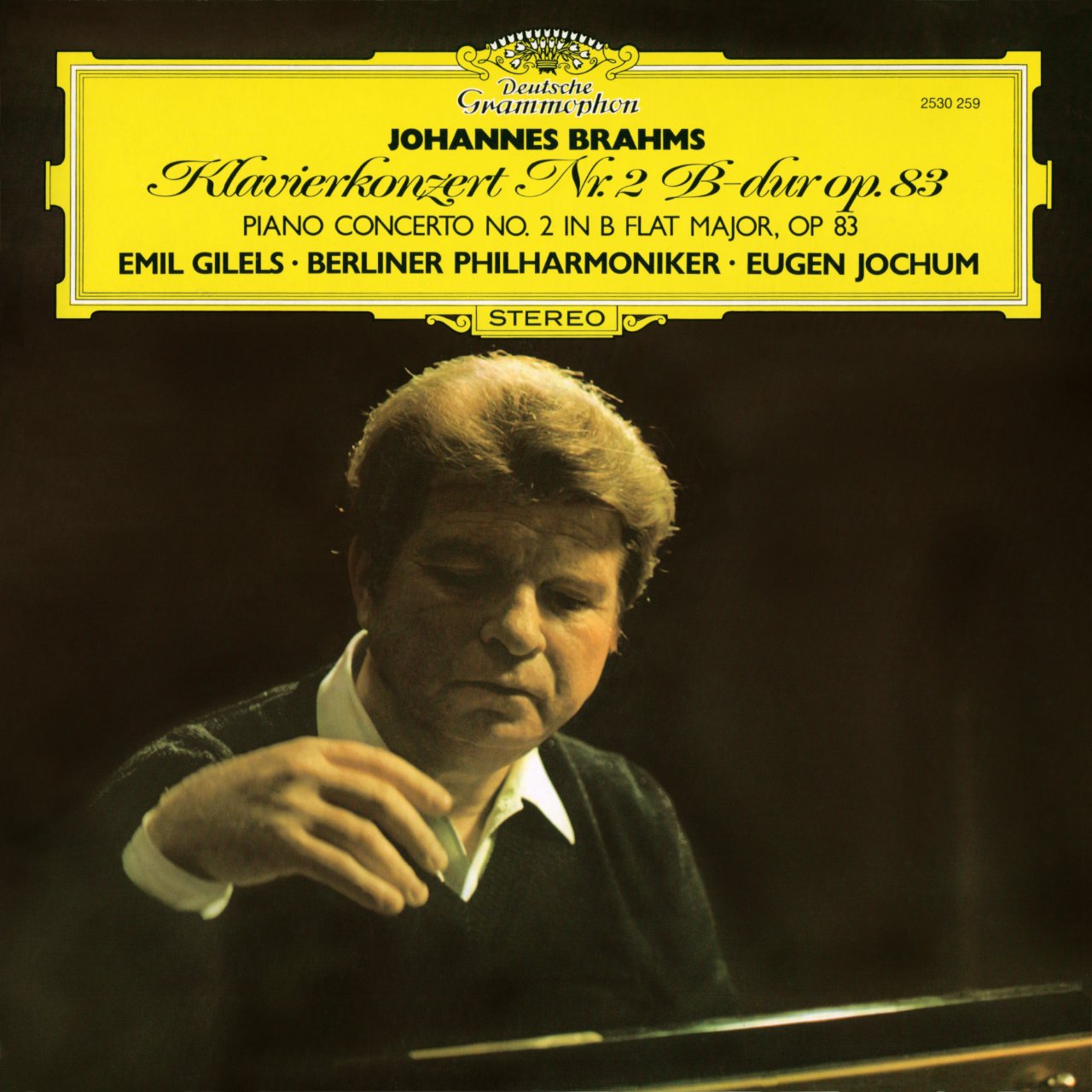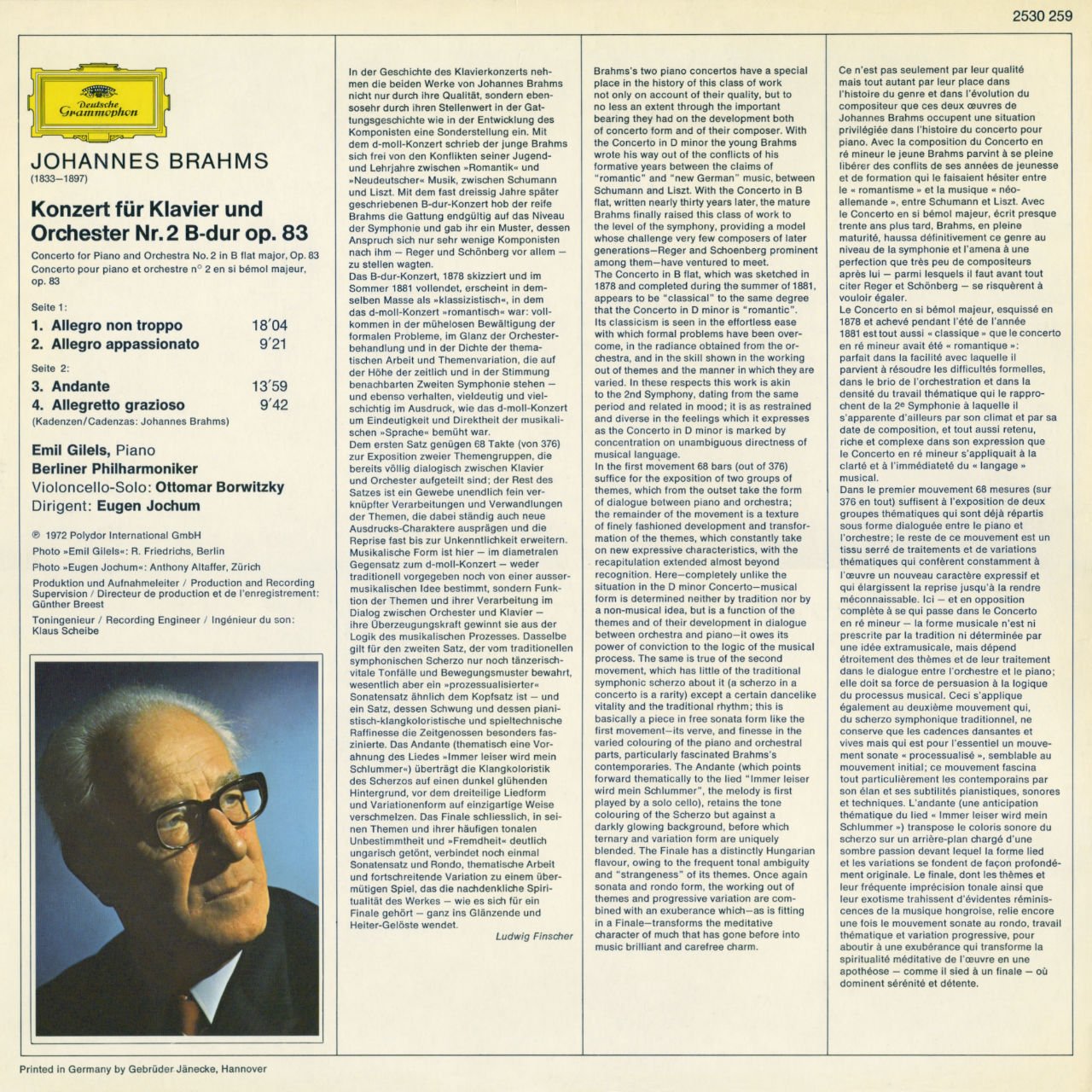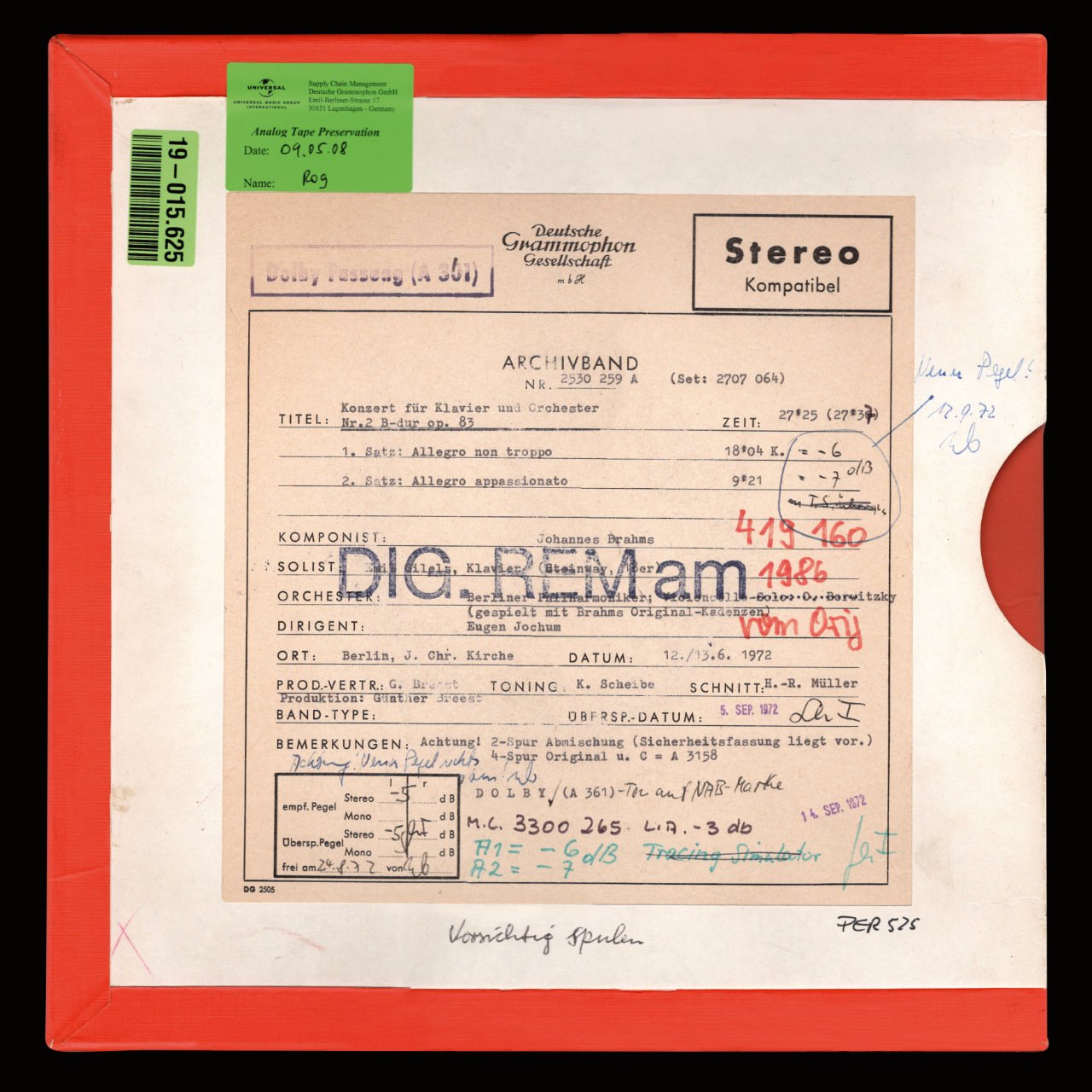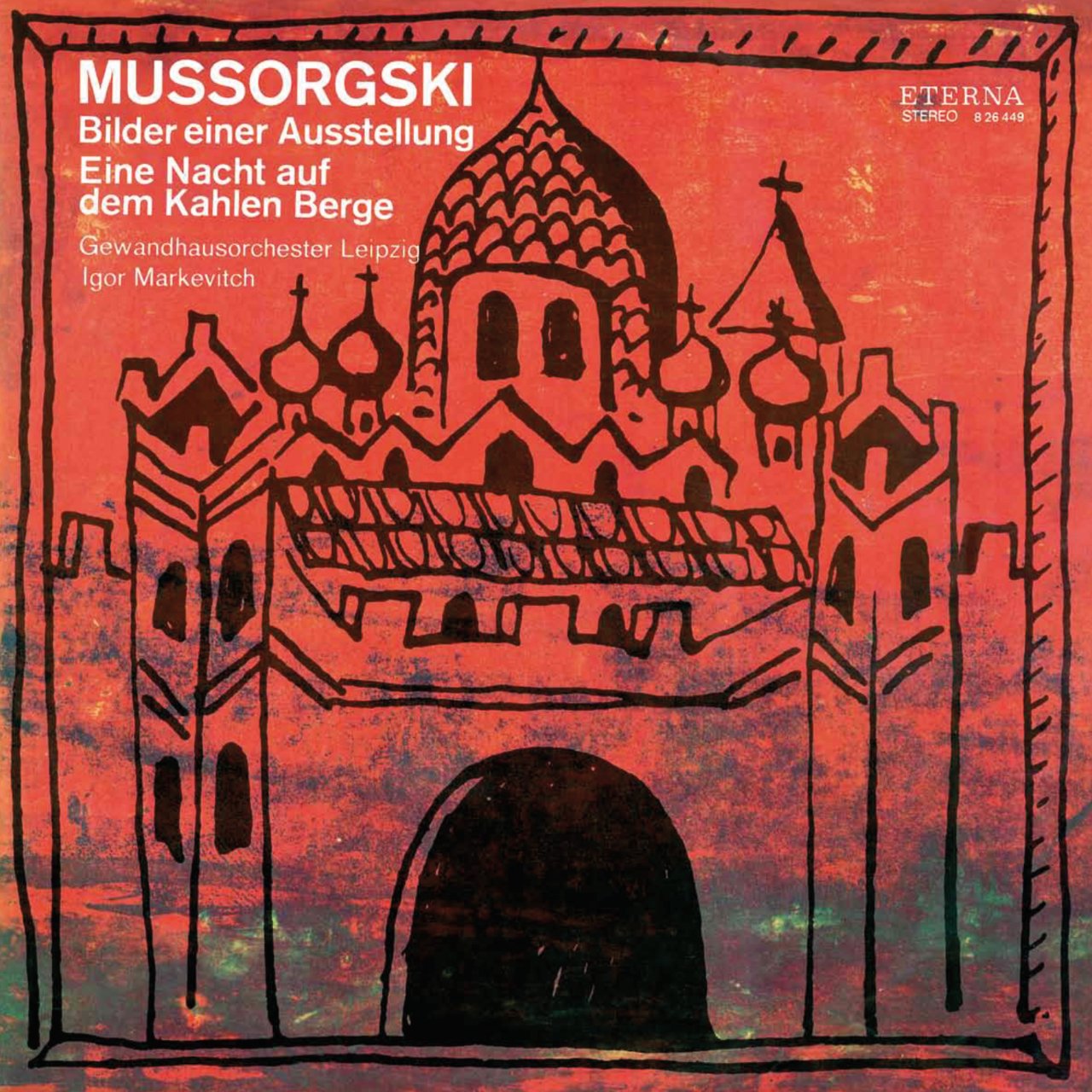 Image 1 of 9
Image 1 of 9

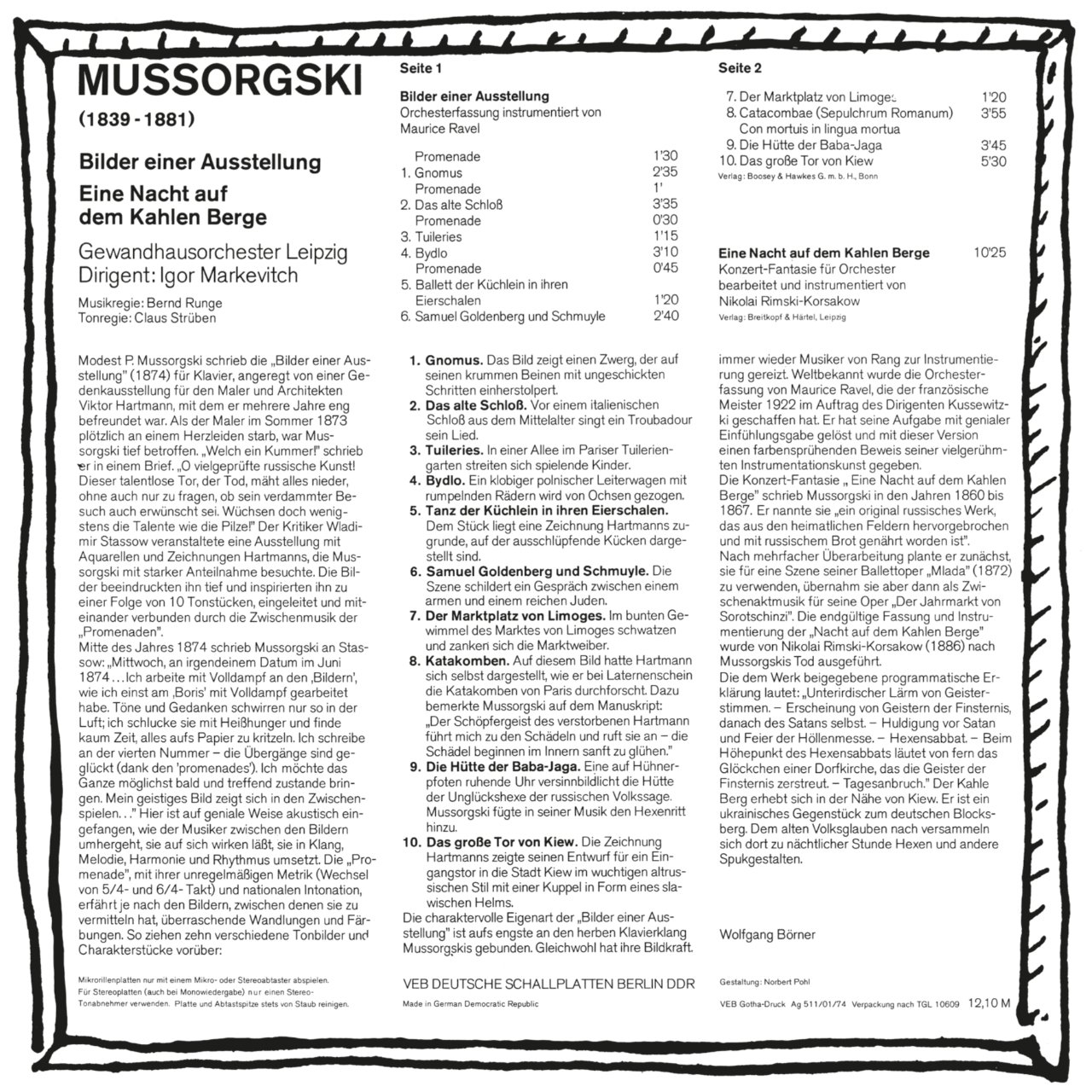 Image 2 of 9
Image 2 of 9

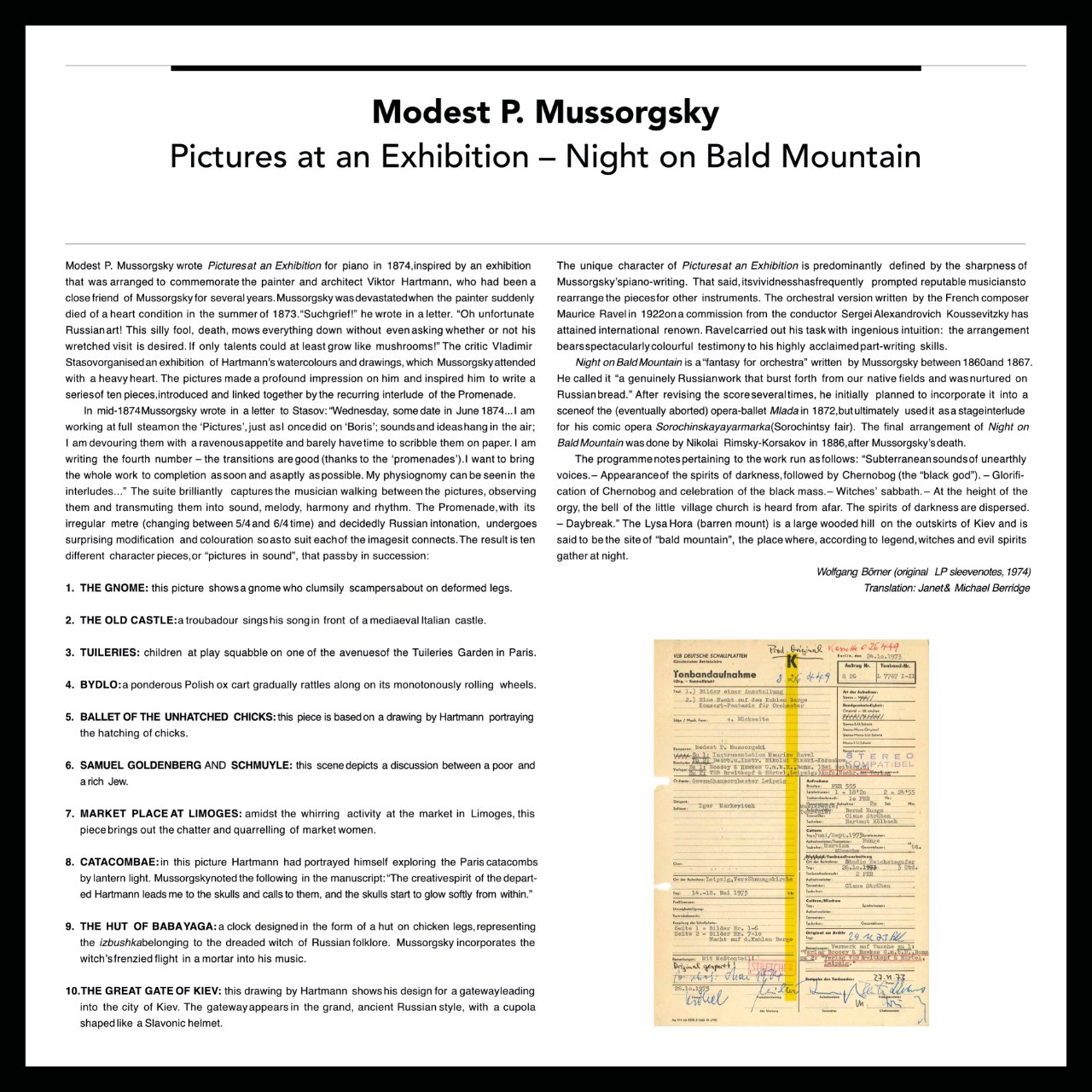 Image 3 of 9
Image 3 of 9

 Image 4 of 9
Image 4 of 9

 Image 5 of 9
Image 5 of 9

 Image 6 of 9
Image 6 of 9

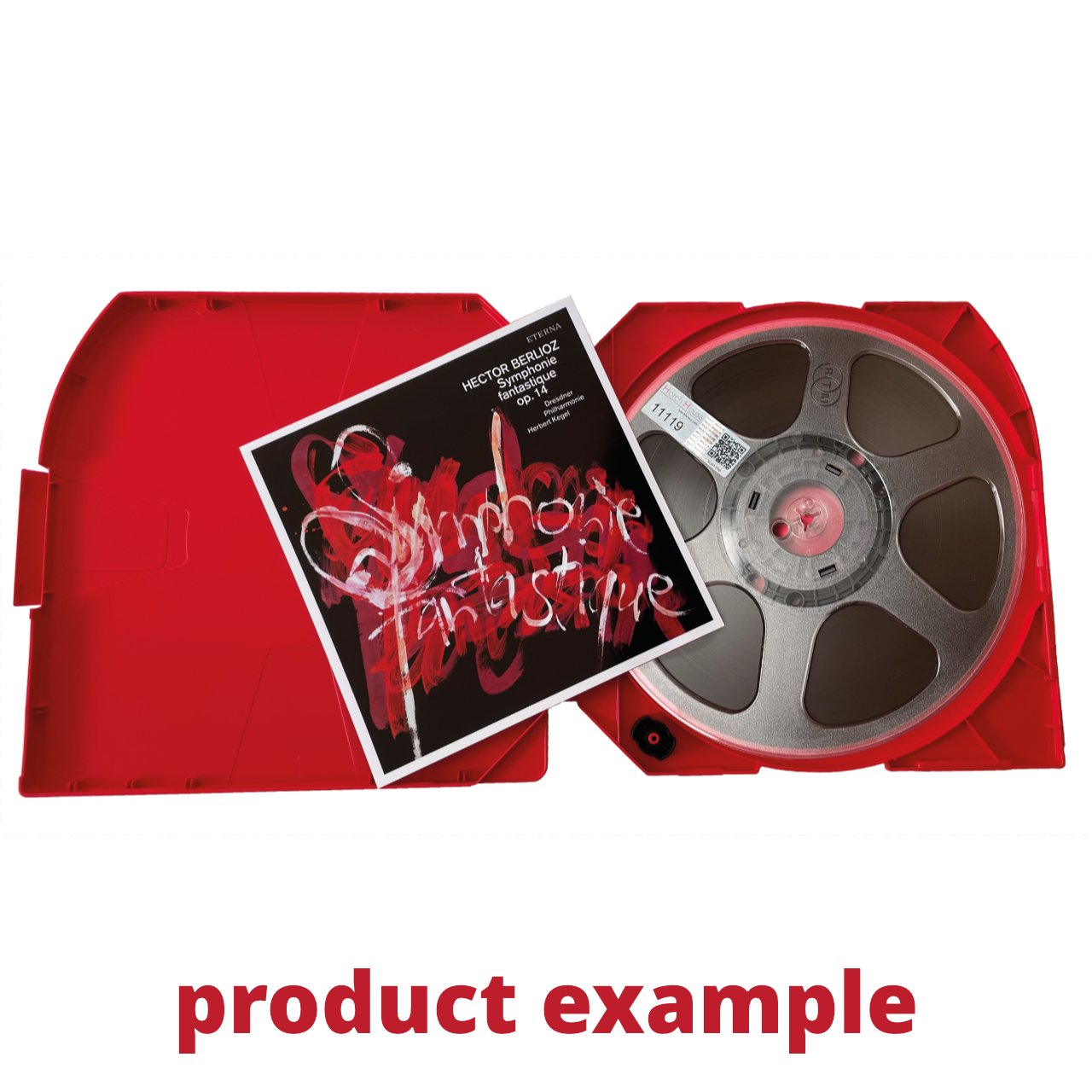 Image 7 of 9
Image 7 of 9

 Image 8 of 9
Image 8 of 9

 Image 9 of 9
Image 9 of 9










Mussorgski - Pictures at an Exhibition & Night on Bald Mountain
Sales Prices for Germany incl. 19% sales tax (VAT)
Pure Master: 325,00 €
Standard Master: 480,00 €
Studio Master: 595,00 €
Prices for other EU Countries calculated at checkout before purchase.
Prices outside EU Countries excluding VAT.
Sales Prices for Germany incl. 19% sales tax (VAT)
Pure Master: 325,00 €
Standard Master: 480,00 €
Studio Master: 595,00 €
Prices for other EU Countries calculated at checkout before purchase.
Prices outside EU Countries excluding VAT.
Sales Prices for Germany incl. 19% sales tax (VAT)
Pure Master: 325,00 €
Standard Master: 480,00 €
Studio Master: 595,00 €
Prices for other EU Countries calculated at checkout before purchase.
Prices outside EU Countries excluding VAT.
-
Gewandhausorchester Leipzig
Igor Markevitch, conductorModest P. Mussorgsky (1839–1881) wrote Pictures at an Exhibition for piano in 1874, inspired by an exhibition that was arranged to commemorate the painter and architect Viktor Hartmann, who had been a close friend of Mussorgsky for several years. Mussorgsky was devastated when the painter suddenly died of a heart condition in the summer of 1873. “Such grief!” he wrote in a letter. “Oh unfortunate Russian art! This silly fool, death, mows everything down without even asking whether or not his wretched visit is desired. If only talents could at least grow like mushrooms!” The critic Vladimir Stasov organised an exhibition of Hartmann’s watercolours and drawings, which Mussorgsky attended with a heavy heart. The pictures made a profound impression on him and inspired him to write a series of ten pieces, introduced and linked together by the recurring interlude of the Promenade.
1. Gnomus: this picture shows a gnome who clumsily scampers about on deformed legs.
2. Il vecchio castello: a troubadour sings his song in front of a mediaeval Italian castle.
3. Tuileries: children at play squabble on one of the avenues of the Tuileries Garden in Paris.
4. Bydlo: a ponderous Polish ox cart gradually rattles along on its monotonously rolling wheels.
5. Ballet of the unhatched chicks: this piece is based on a drawing by Hartmann portraying the hatching of chicks.
6. Samuel Goldenberg and Schmuyle: this scene depicts a discussion between a poor and a rich Jew.
7. Market place at Limoges: amidst the whirring activity at the market in Limoges, this piece brings out the chatter and quarrelling of market women.
8. Catacombae: in this picture Hartmann had portrayed himself exploring the Paris catacombs by lantern light. Musorgsky noted the following in the manuscript: “The creative spirit of the departed Hartmann leads me to the skulls and calls to them, and the skulls start to glow softly from within.”
9. The Hut of Baba Yaga: a clock designed in the form of a hut on chicken legs, representing the izbushka belonging to the dreaded witch of Russian folklore. Musorgsky incorporates the witch’s frenzied flight in a mortar into his music.
10. The Great Gate of Kiev: this drawing by Hartmann shows his design for a gateway leading into the city of Kiev. The gateway appears in the grand, ancient Russian style, with a cupola shaped like a Slavonic helmet.
Wolfgang Börner (original LP sleeve notes, 1974)
Translation: J & M BerridgeRepertoire classic stripped of its patina
Igor Markevitch enjoys a legendary reputation. He was successful both as a conductor of leading orchestras and as a composer and (university) lecturer. His pupils include Daniel Barenboim, Herbert Blomstedt and Wolfgang Sawallisch. In his autobiography Die Musik – mein Leben (music, my life) Barenboim recalls that Igor Markevitch had taught him “a personal, highly individual style of conducting”. In his Salzburg course he was “completely preoccupied with the clarity of the sound, the clarity of the rhythm and the clarity of the gesture”.
One witness to that period in the orchestra’s history is solo cellist Jürnjakob Timm, a full member of the Gewandhaus orchestra since 1973 and a stand-in even earlier. Looking back he spontaneously recalls Markevitch’s “very good conducting technique” as “an impressive experience”. It was “through sheer ability” (and not as a tyrant of the rostrum) that the conductor had communicated his concepts to the orchestra. His way of working had been a sound compromise between the extremes of rehearsal fetishist and Abenddirigent (a conductor who rises to the occasion in the actual performance). After a thorough rehearsal of the work to be played, “making music with him was highly intensive on the night”.
Dirk Stöve
Translation: Janet and Michael BerridgeLabel: Eterna
-
01 Gnomus:
02 Il vecchio castello
03 Tuileries
04 Bydlo
05 Ballet of the unhatched chicks
06 Samuel Goldenberg and Schmuyle
07 Market place at Limoges
08 Catacombae
09 The Hut of Baba Yaga
10 The Great Gate of Kiev -
Pure Master Product Configuration:
1/4” - 2 Track RTM LPR90 - 15IPS - 38cm/sec - CCIR - 320 nWb/m - 1 Plastic Reel(s) - Special Archive Box(es)
Standard Master Product Configuration:
1/4” - 2 Track RTM LPR90 - 15IPS - 38cm/sec - CCIR - 320 nWb/m - 1 Metal Reel(s) - Special Archive Box(es) - Horch House Deluxe Packaging
Studio Master Product Configuration:
1/4” - 2 Track RTM SM900 - 15IPS - 38cm/sec - CCIR - 510 nWb/m - 2 Precision Metal Reel(s) - Special Archive Box(es) - Horch House Deluxe Packaging
-
Claus Müller from audiotapereview.com rated this tape 5/5 in the category Music and 5/5 in the category Sound.
For the full review, visit https://www.audiotapereview.com/0602024mussorgskipictures
